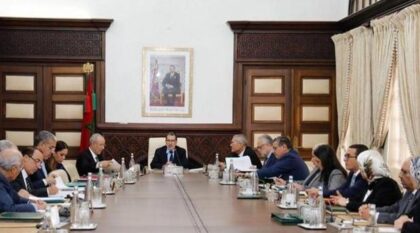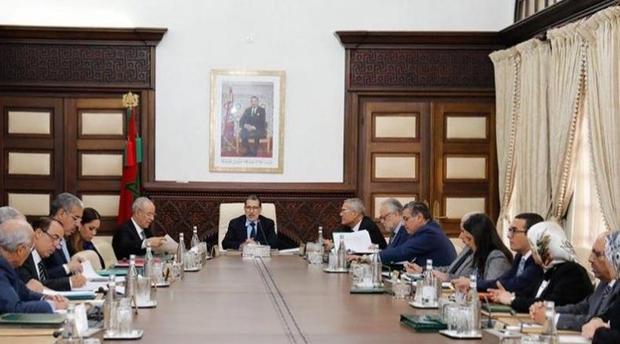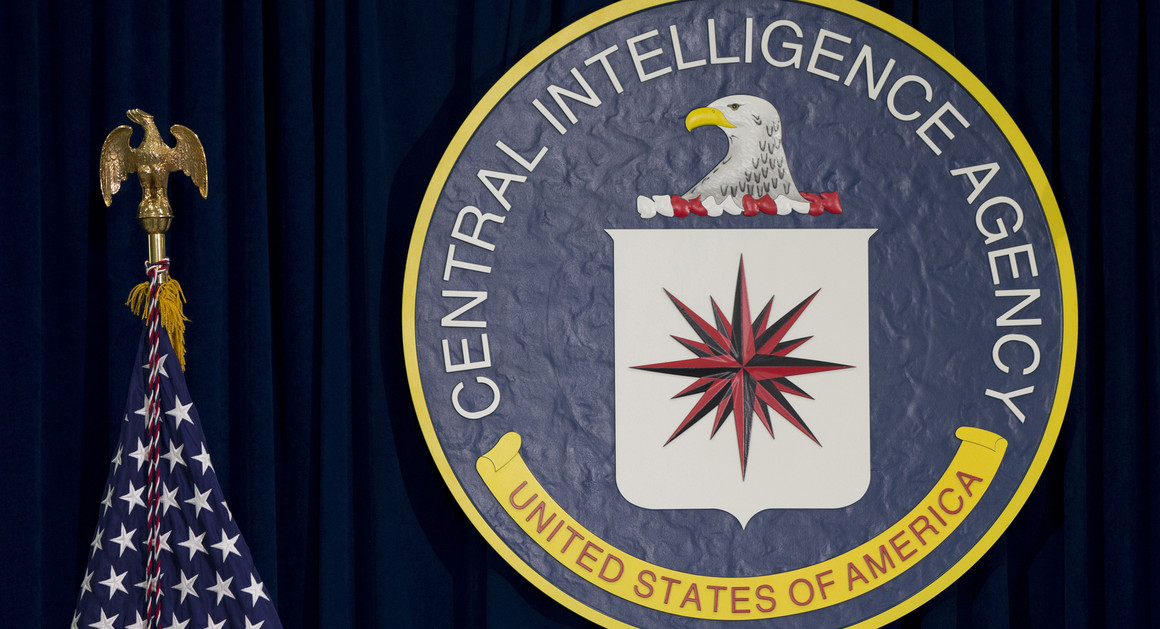 The Moroccan government has asked all ministerial departments to prepare a list of spending cuts that will target non-essential activities in first austerity measures to deal with the economic impact of the novel coronavirus.
The Moroccan government has asked all ministerial departments to prepare a list of spending cuts that will target non-essential activities in first austerity measures to deal with the economic impact of the novel coronavirus.
The disruptions in the national economy due to Coronavirus notably the suspension of tourism activity, fewer remittances of Moroccan expatriates, and plummeting foreign direct investments have pushed Morocco to lift the cap on foreign debt, tapping on an IMF liquidity line worth $3 billion.
To compensate for dropping fiscal revenues and rising spending to mitigate the social and economic consequences of the pandemic, the government plans to restrict spending to paying wages, electricity and water bills, rent, student’s monthly stipends and scholarships, cleaning, gardening, maintenance as well as computer software.
Investment spending receiving international funding would also continue as well as projects led by national companies using exclusively Moroccan-made material.
Economists expect that the next move will be imposing restrictions on the import of luxurious products. The customs administration has already asked car importers to slow their pace of acquisitions.
The government stressed the need to cut all unnecessary spending during this pandemic period including cash spent on transport and travel allowances, management of car park and rental of offices or conferences.
Heath and security are excluded from the austerity measures.



